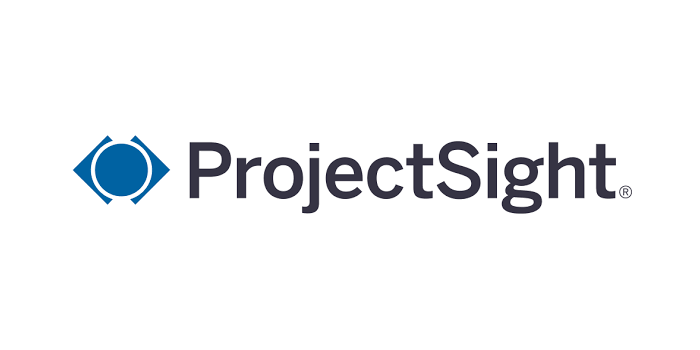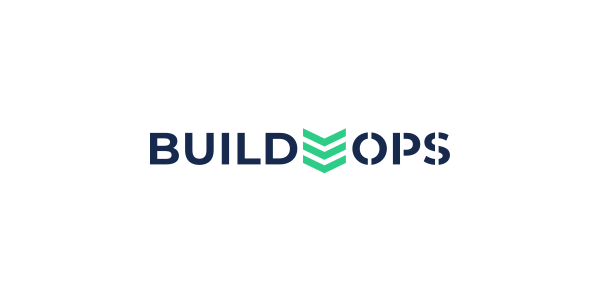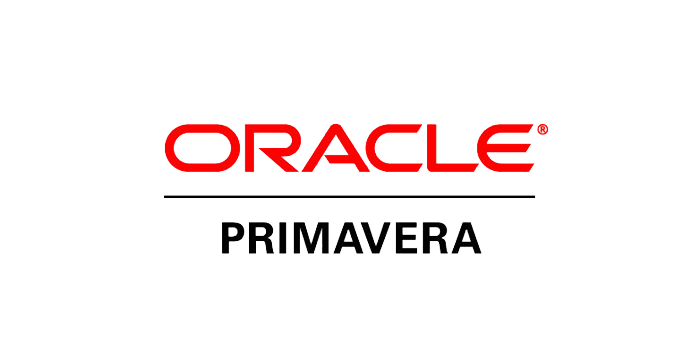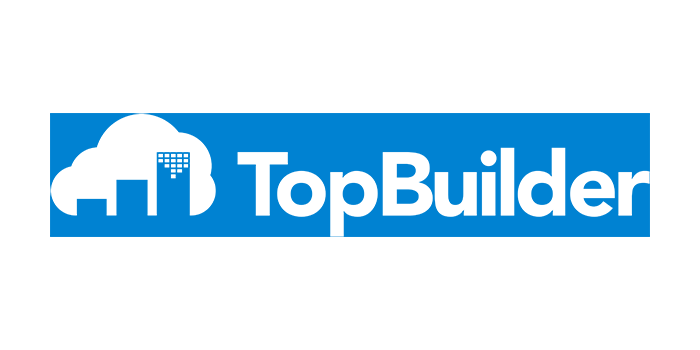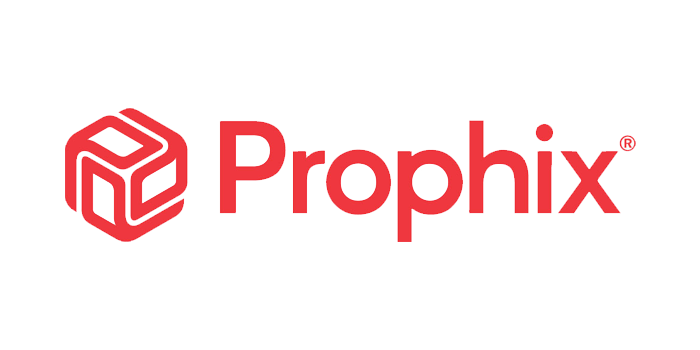
Article written by By Jacob Merkley on www.constructionexec.com
COVID-19 has changed the business landscape for many. Some businesses needed to lay off non-essential workers, others needed Payroll Protection Program loans to continue operations and others went out of business completely.
There have been several new laws that were passed this year because of the COVID-19 pandemic, namely the Families First Coronavirus Response Act (FFCRA), the CARES Act and the Payroll Protection Program Flexibility Act of 2020. These laws have brought back tax breaks, credits and created additional benefits that every construction company should maximize before 2020 wraps up in a few months.
Below are three specific COVID-19 tax credits, deductions and breaks contractors should use to their advantage.
1. Employee Retention Credit
Employers who had their business partially or fully suspended due to governmental COVID-19 orders or had a significant decline in gross receipts compared to 2019 are eligible for this credit.
This refundable tax credit equals to 50% of up to $10,000 in qualified wages, or capped at $5,000 per employee. Qualified wages, including health plan expenses, are wages paid after March 12, 2020 but before Jan. 1, 2021. The added benefit is that employers can elect to reduce their federal employment tax deposits in anticipation of the credit. In addition, an advance of the employee retention credit for any amounts not covered by the reduction of deposits can be issued to the employer.
Depending on employee headcount, this credit can greatly impact liquidity to keep operations ongoing during the pandemic or help set the business up for a strong 2021.
2. FFCRA Tax Credits
The FFCRA provides a few specific tax credits for small and mid-sized employers that have fewer than 500 employees. These credits incentivize employers to foot the bill for the following expenses and benefits for their employees:
- Qualifying health plan expenses;
- Paid sick and family leave wages; and
- The employer’s share of Medicare tax imposed on such wages and benefits.
After footing the bill for these items, employers can then apply the costs, dollar for dollar, against payroll taxes. If a business has an excess of credit over payroll taxes, an advance can be requested by filing IRS Form 7200. It should also be noted that the employer portion of Social Security tax typically imposed on these wages will now not be taxed. This tax credit can be used in conjunction with the employee retention credit above, but not for the same wage payments.
Don’t miss out on taking advantage of offering these benefits to employees and then request an advance or offset the businesses payroll tax burden with the credit.
3. Net Operating Loss Carryback
An addition to the CARES Act was the reappearance of the Net Operating Loss Carryback. For tax years beginning on Jan. 1, 2018 or later, the Tax Cuts and Jobs Act of 2017 (TCJA) removed the two-year carryback provision. Before the TCJA went into effect, construction businesses that had a big loss in a specific tax year could revise the previous two tax years with a portion of the net operating loss as a carryback. The TCJA removed that provision, but instead allowed for an indefinite carryforward.
However, the CARES Act allowed the reappearance of the Net Operating Loss. The reasoning for adding this benefit to the CARES Act was simple: it would allow many businesses to rebuild in the wake of the economic trauma they have experienced because of COVID-19. This year, construction companies can roll losses back two years through revised tax returns, getting new tax refunds to help them rebuild.
Businesses interested in taking advantage of this carryback reappearance should seek out a qualified CPA or tax professional.
Conclusion
COVID-19 has changed the business landscape, but congress has done a good job of providing tax credits and benefits to help ease the economic blow that this pandemic has had on many. Businesses need to maximize these before 2020 wraps up in a few months to help sustain operations and to set up a 2021 recovery.
As a bonus credit, make sure to capitalize on the employer payroll tax deferral that came out of the 800-page CARES Act. This act allows employers to defer the employer’s share of Social Security Tax (6.2% of wages up to $137,700 in 2020) on wages from March 27, 2020, to Dec. 31, 2020, on a pro-rata basis. Fifty percent of the deferred payroll tax will be due on Dec. 31, 2021, and the remainder will be due on Dec. 31, 2022. The best part is taking the FFCRA paid leave or the employee retention credit doesn’t disqualify a business from this deferral of payroll taxes.


